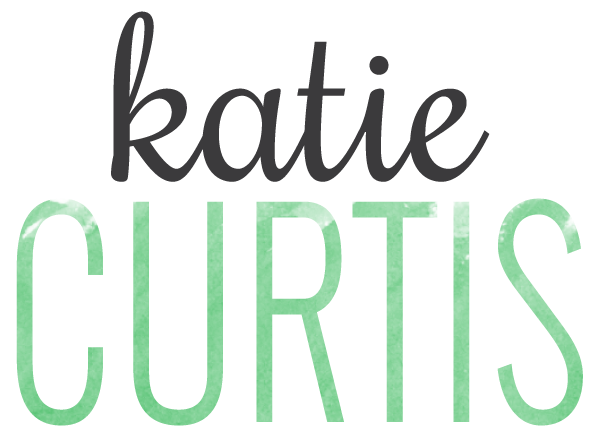Imago Dei: The Path to Peace

One day last winter when I was skiing with my family, we were sitting outside on a deck eating lunch. I started people watching, and as I looked around at everyone eating and talking, I started to imagine how God saw them. All of a sudden, I could feel His immense love for them. The tenderness in their eyes, the way the light hit their auburn-gold streaks, the way their hands moved when they talked. They were each a creation. Beautiful, unique, sacred.
We are made in His image. When you look closely, you can see the divine.
I remember reading somewhere this grace of seeing God in others is a mark of being a Catholic. When you come to see another person as Imago Dei, a soul created in the image of God, you can’t help but love them if you love God. You can’t help but love humanity. They are you. You are they.
The greatest commandment makes so much sense then: To love the Lord your God with all your heart, all your soul, all your mind and all your strength, and to love your neighbor as yourself. Because we are all beloved by God. There is a part of God in us, and there is a part of God in them.
In its description of the four marks of the Catholic Church – that it is One, Holy, Catholic, and Apostolic – Loyola Press writes about the mark of Holiness:
“Through the Holy Spirit the Church leads others to holiness. The holiness of the Church is seen in the love that the members of the Church have toward one another and the many sacrifices they make for the sake of the world.”
We’re all called to this holiness, and I’ve found that looking for this in people instantly shifts my perspective in dealing with them. The checkout girl, the radical protester, my husband in the middle of an argument. My interaction radically changes when I try to see God in them.
We are made in His image. And yet, we are fallen.
As Alexander Solzhenitsyn said, “The battle line between good and evil runs through the heart of every man.” We find the divide out there, in the world. And we find it in our own hearts: the fault line that exists between the good we possess and the sinner that we are, and the potential for either of these to grow.
This all can lead us right to the brink of an existential crisis, unless we remember God’s love and mercy. He loves his creation. He loves us like a father loves his child, and like a father he made us like him. Genesis 1:26-28 tells us three times that he made us in him image.
The first lie ever uttered was denying this.
Right after God said ‘let us make man in our own image’, the devil shows up and makes Eve doubt God, saying he doesn’t want you to eat of the tree of knowledge because ‘he does not want you to be like him.’ (Genesis 3:4-5). His cunning is so apparent. He stokes Eve’s mistrust precisely over this part of her identity because our Imago Dei is so important, and because the devil hates it.
Of course God wants us to be like him. That is the whole of the Christian life. To put on Christ the way that Jacob put on Esau’s clothes to gain the blessing of his father Isaac, to share in the father’s inheritance (Genesis 27).
This awareness has helped me so much relate to myself. And relate to others. The spiritual life becomes trying to let Him increase, and let our brokenness give way to Christ’s healing. And in the midst of trials, I remind myself that God allows pain and suffering and brokenness because he can transform our hurt into something that yields greater life than if it had never happened. It leads to a greater good than if the suffering had not been there at all. This leads to surrender and trust and peace.
No matter where we are at in our relationships, we can always try to locate Imago Dei. Find that part, and you can find compassion. For yourselves, for others, and for humanity.
Then everyone becomes our teacher. Either they show us how we can be more filled with God, or they caution us how to not be broken off from the vine. All we can respond to them with is compassion then.
Christ came to meet the dysfunction of this world, and to respond to it with peace. So when other people hurt us, and deny the Imago Dei – in us and in themselves – it can be intensely painful, but God is at work in that suffering. He is teaching us forgiveness, but he is also teaching us to stand up for our own worth, because we are made in his likeness. This requires us to have healthy boundaries, and to try to live up to the parts of us that are like God, and to remember the parts of them that are too.
Remembering this about all the people God has put into my life helps me to treat them with charity and respect. They are a reflection of his imagination. He dreamed them up, and created them, and put a piece of himself in them. When we remember this, we are quicker to forgive, quicker to reconcile, quicker to find peace.
As Catholics, we are striving to be like Christ. He hungered for wholeness and healing. This is what authentic love looks like. And when we fail at authentic love, there may be wounds, but they are always an invitation, an opportunity, for Christ to bring out an even greater good.

Leave a Reply
Want to join the discussion?Feel free to contribute!